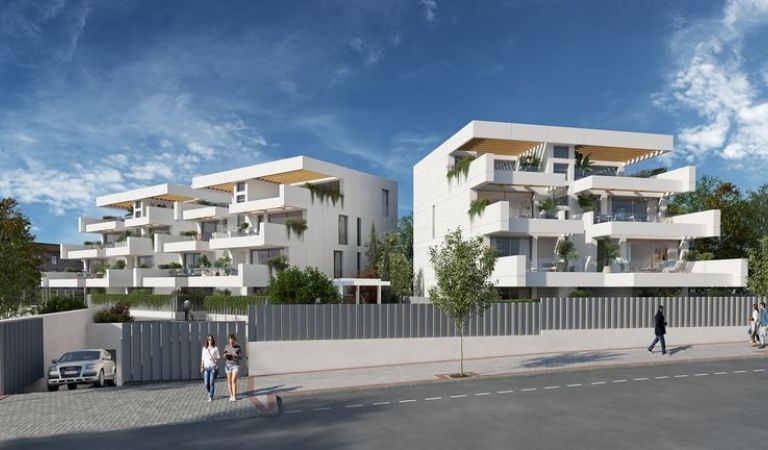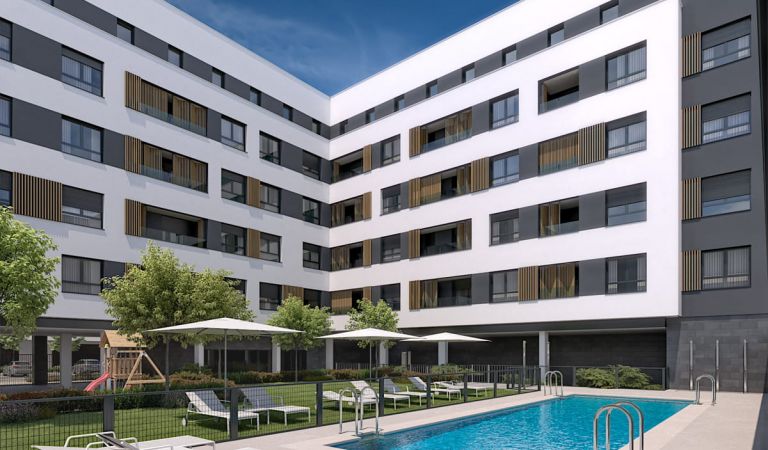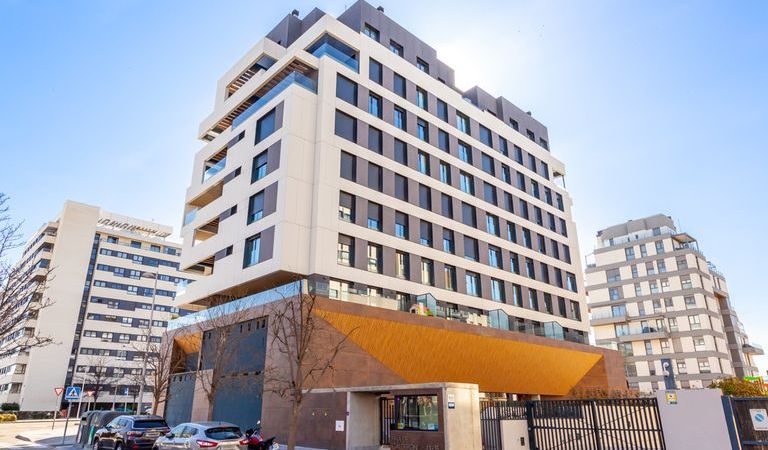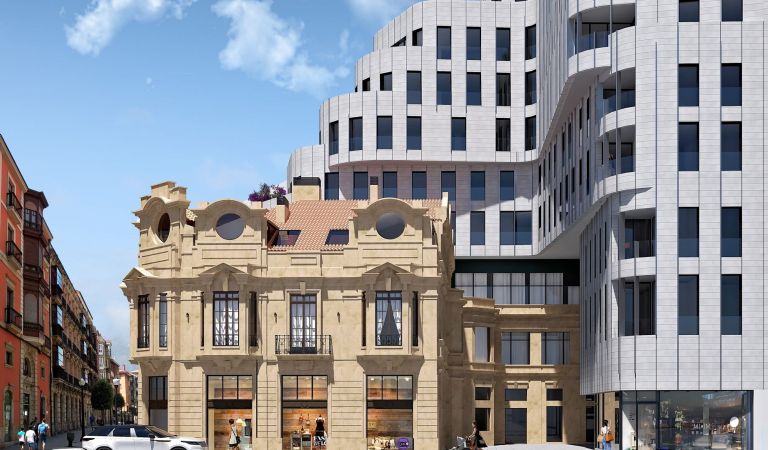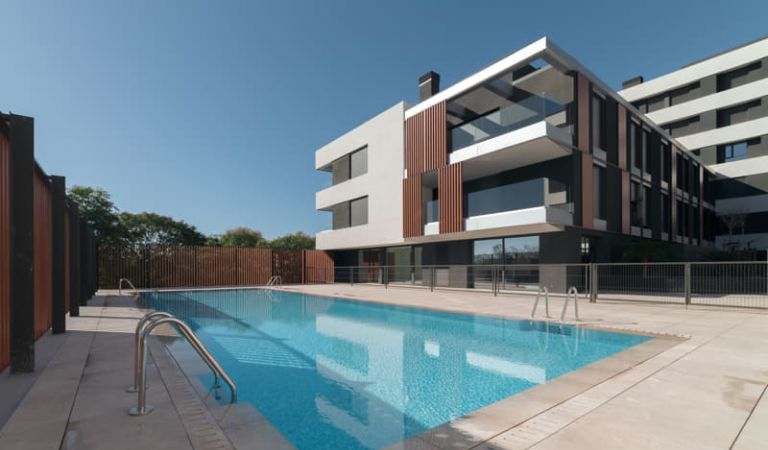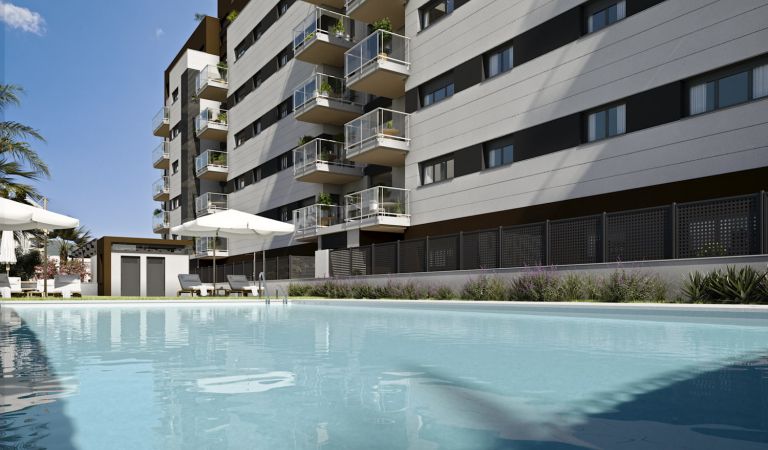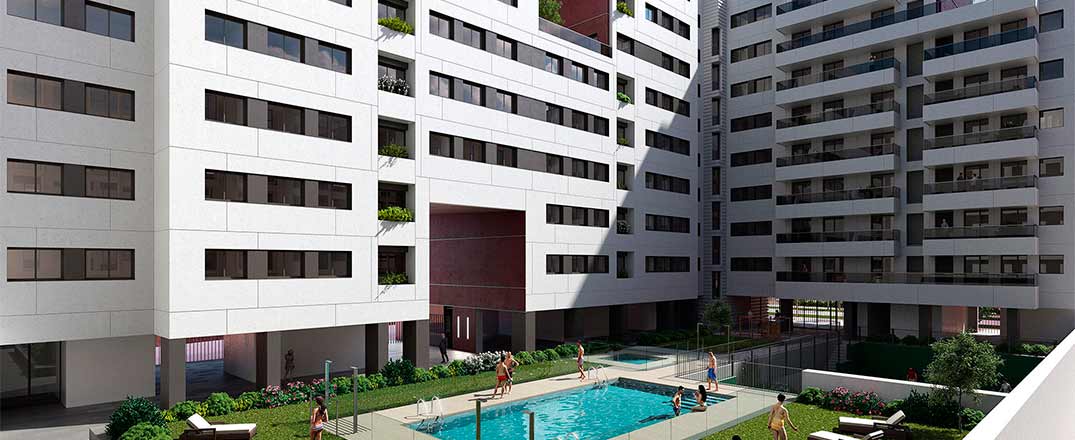Just a few weeks ago the Government approved the new 2018-2021 National Housing Plan, which has three fundamental aims: to make it easier for people to buy a house, to rent a house, or to refurbish their house.
This new plan has been allocated a budget of 1,443 million euros over the next 4 years, which represents an increase of 62.5% compared to the previous plan, and details have been published on the website of the Ministry of Development. Want to know about some of these new measures? Read on!
Key provisions of the New National Housing Plan
Help for people who are renting
The maximum income allowed in order to qualify for this subsidy is set by these new regulations in the amount of 22,558.77 euros, i.e. three times the Public Indicator for Income with Multiplier Effect (IPREM) - the benchmark indicator used to calculate means-tested welfare entitlements - per family unit, although there are 2 exceptions:
- 30,078.36 euros (4 times IPREM) for general-category large families or disabled persons.
- 37,597.95 euros (5 times IPREM) for special-category large families or persons with more serious forms of disability.
Help for people who are renting according to different age bands
- Ages between 18 and 35
- The subsidy may be for as much as 50%.
- The rent must not exceed 600 euros/month, except in cities such as Palma de Mallorca, Barcelona, or Madrid, where the cap will be 900 euros.
- Recipients may not own any other residential property, although where necessary proof may be provided that it is impossible to live in the other property, and they will be required to remain at the rented property during the time they are in receipt of the subsidy.
- For ages between 35 and 65, the subsidy is capped at 40% of the rent.
- Ages over 65
- The subsidy may be for as much as 50% of the total rent.
- The cost of the rent will be capped at 600 euros.
- Recipients may not own any other residential property or have wealth in excess of 100,000 euros.
- It should be emphasized that recipients who do not own any property will also be entitled to receive a subsidy of up to 200 euros/month for service charges,maintenance, or basic supplies.
- People at risk of eviction
Under the New 2018-2021 Housing Plan, subsidies for people in this situation are capped at 400 euros/month provided that they can prove, as is established above, that the income of the said family unit is less than three times the IPREM and taking into account the exceptions allowed.
It should be pointed out that 20% of this subsidy will be payable by the Autonomous Region of the lessee and that they may be extended for a maximum of three years.
Help for people who are buying a house
The new National Housing Plan also features new measures aimed at incentivising access to housing via home-ownership, and subsidies may be for as much as 20% of the purchase price of the property, up to a limit of 10,800 euros. But what are the requirements that must be met?
- The property must be located in a town with fewer than 5,000 inhabitants.
- The applicant must be aged under 35.
- Annual income must be less than 22,558.77 euros.
- The price of the property may not exceed 100,000 euros.
If you are considering buying a property in the near future, why not look at our post on VAT payable on buying a new house: do you know how much you will have to pay?
Help for people who are refurbishing residential properties.
Lastly, subsidies payable for the refurbishment of residential properties where the works have the aim of improving accessibility or habitability for disabled persons or those aged over 65 have been increased by 5% compared to the previous plan, now covering 40% of the total investment.
Who can benefit from these new measures?
In this case, single-occupancy dwellings and dwellings located in multi-occupancy buildings, on an individual basis, with particular emphasis once again on buildings located in towns with fewer than 5,000 inhabitants.
Other changes affect the year of construction of the property, given that now those built prior to 1996 will be deemed to ‘qualify’, and the period of time within which building works must be completed, which goes up from 3 to 5 years.
What do you think of the new measures contained in the 2018-2021 National Housing Plan?
It will be possible to apply for these new subsidies soon, and so we will continue to report on all of these innovations through our social media. Stay tuned!



